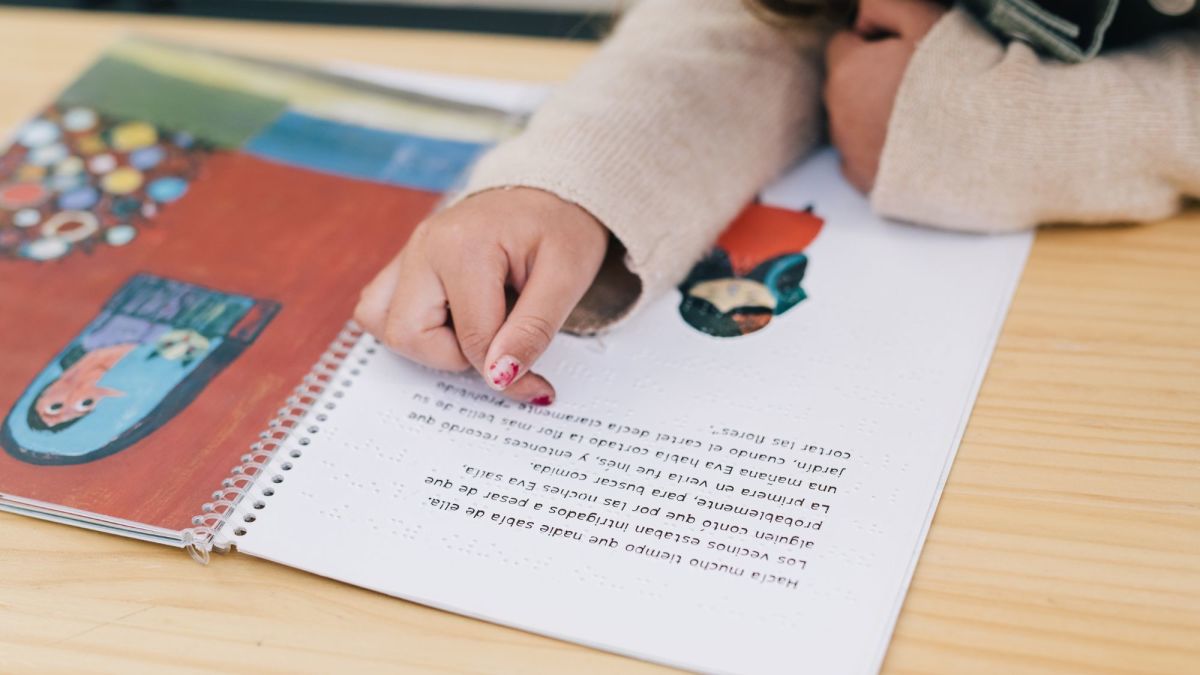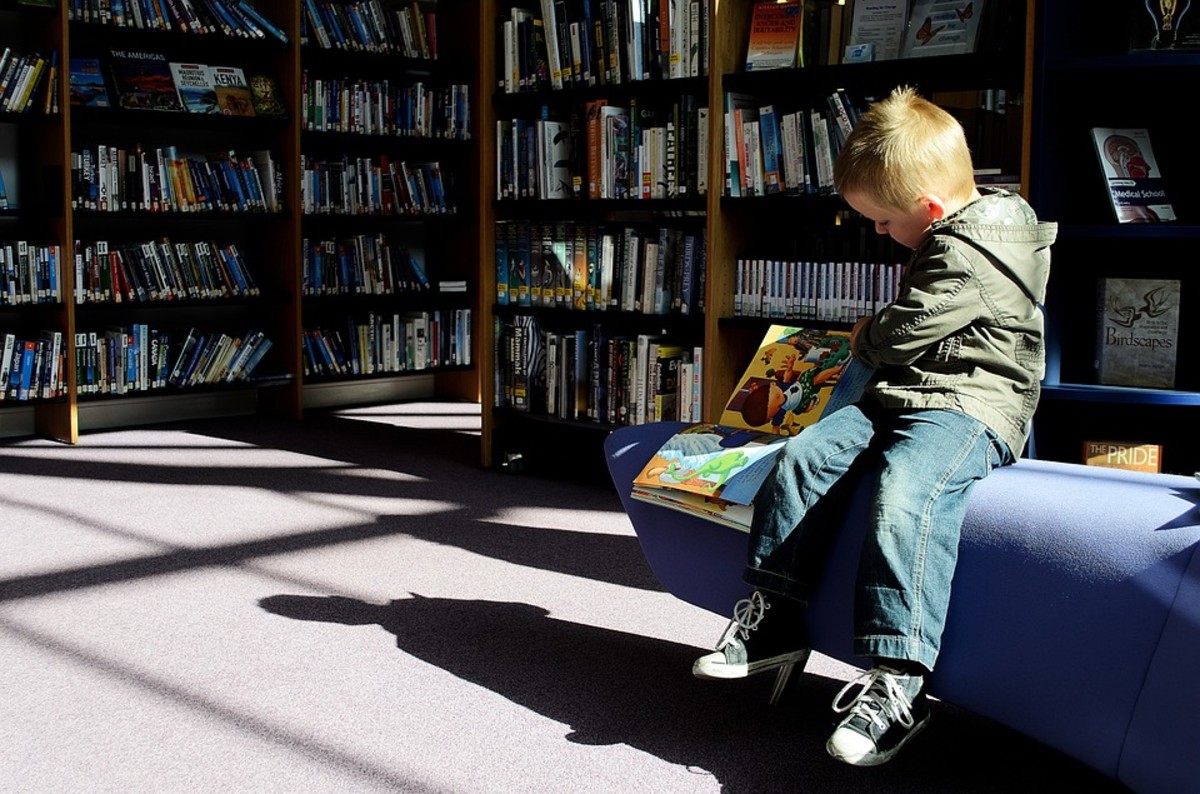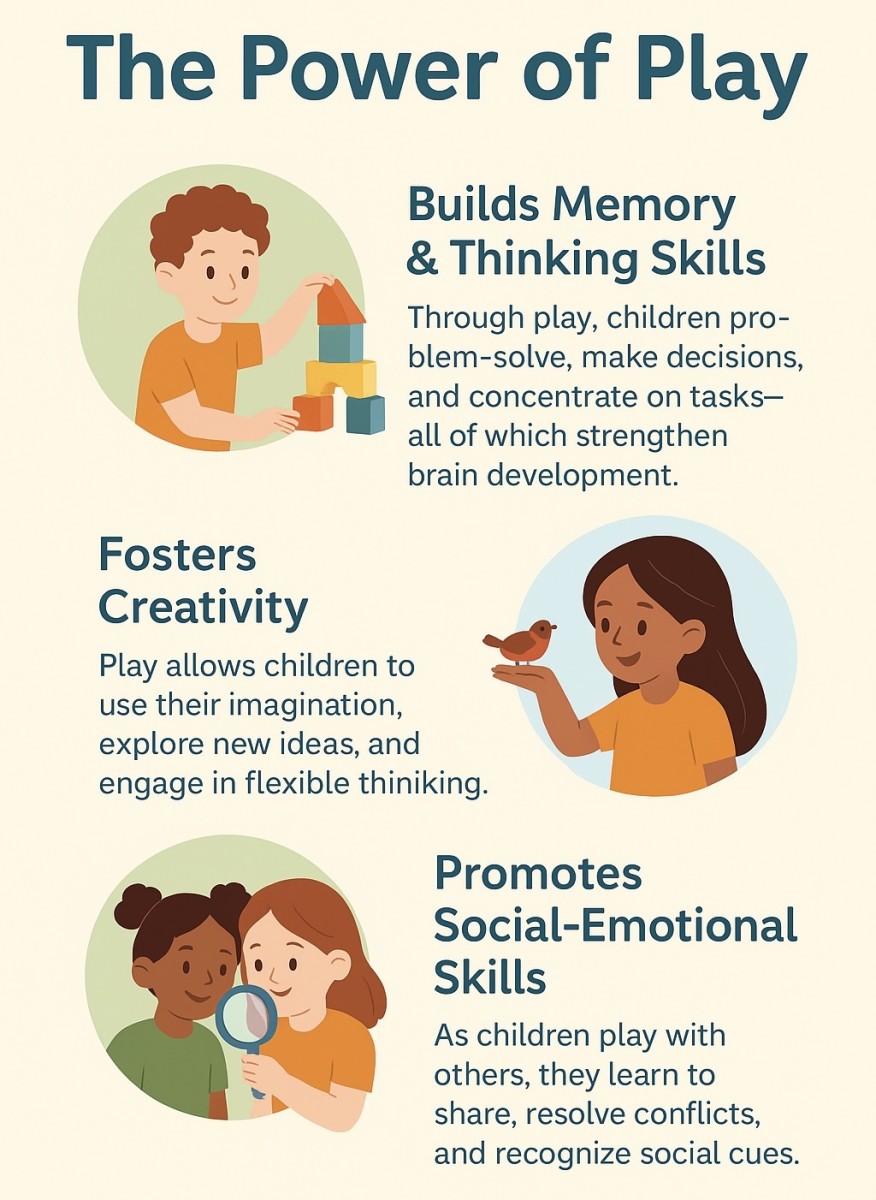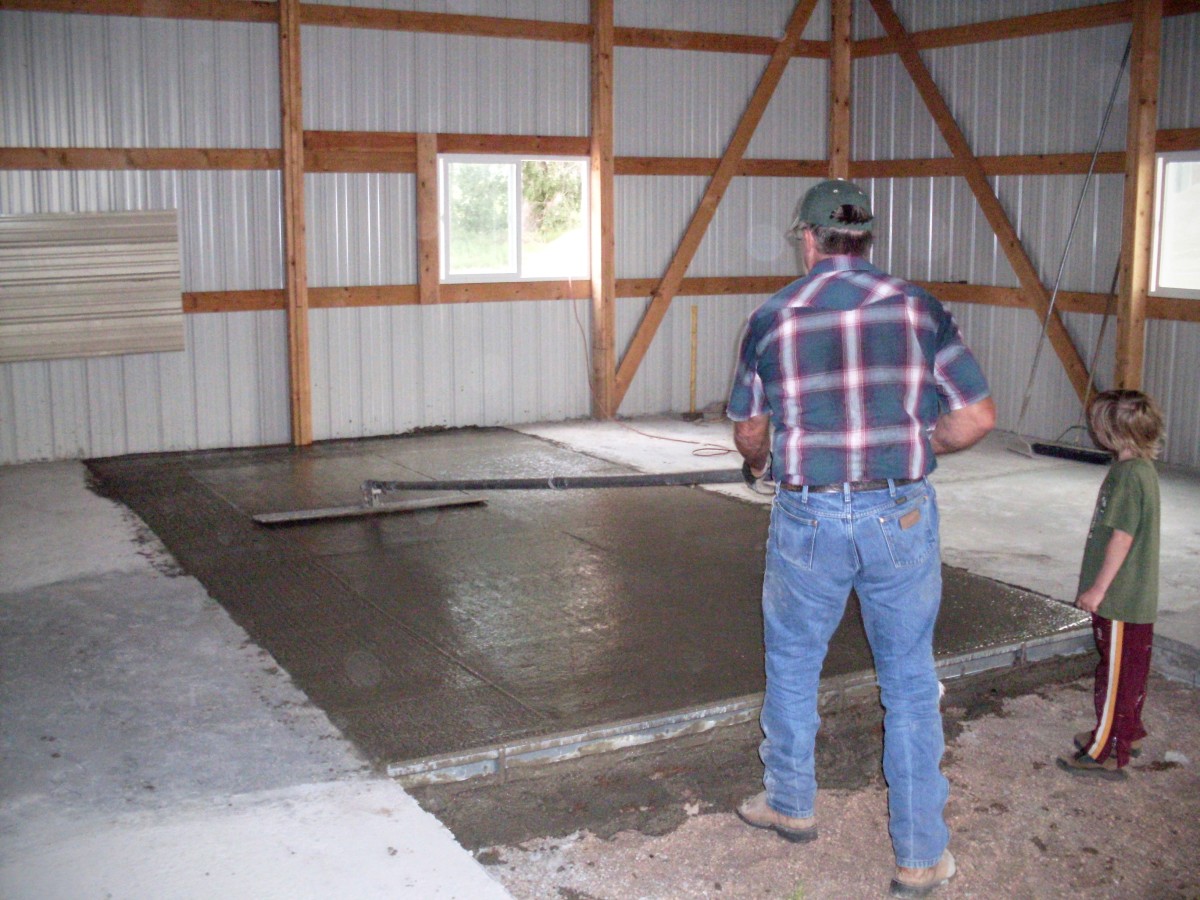Preventing Summer Learning Loss: Educational Summer Activities
Ten easy, low cost or even FREE ways for parents to help their children continue to learn in math and reading all summer.

What is the summer slide?
Have you wondered why teachers spend the first month of school reviewing material from the previous year? It's because of the summer slide. Although the term summer slide seems like it would be a fun activity to do over the summer, it is actually a serious learning deficit that takes place during the summer months. Educators have long known and research has proven that the summer slide really exists.
So what is the summer slide? It is a learning reversal that takes place during the summer months when children are not in school. In most cases, children are not involved in learning opportunities throughout the summer and they not only do not gain any ground in their learning, they actually fall behind. Typically the summer slide refers to reading but it should also include math. Both are fundamental to all areas of future learning. The summer slide has historically been seen mostly in children of low income families, however that is not always the case. The statistics of how greatly the gap widens over time is startling. As children progress through their education they can lose as much as two years compared to their peers. So what is the difference? Opportunities for educational growth throughout the summer. Now before you think, well low income families don't have the money to take their children on fancy trips like middle and upper class families, I'm going to show you some low cost and even free ways to close that gap!
Importance of Reading During the Summer
Summer Learning Activities
1. The Library. READ, READ, READ!! Every public library has a summer reading program. Even at ages 2 and 3, my children participated in the event last year. They are tailored to your child's age, you can choose books on the spot, and they even give prizes! Each library runs their program a little differently but it is a great time for all involved and it not only gives children an opportunity to read, but also to set and work toward goals.
2. Museums. Museums are one of the most underused learning options. Not only will your child learn about a content specific topic at the museum (science, history, etc.) but you can also encourage reading by having your child read the plaques that are found next to most displays.
3. Play on the computer. Yes, it is ok to play on the computer, In fact I even encourage my children to spend SOME time on the computer. The problem is that many children are on the computer for a great length of time on sites that are not high in quality. When allowing your child to be on the computer, limit the time and choose high quality, educational math and reading websites or games. Don't worry, your child will still have a great time. There are a lot of great ones that provide great fun and learning at the same time.
4. Keeping a Journal. If you have your child keep a summer journal of his activities, it encourages learning on a multitude of levels. It allows children to think about and reflect on an event in their lives which builds critical thinking skills. Once it is written down, they can share their thoughts with someone else by reading it to that person. In addition, children can illustrate the writing to add a creative outlet.
5. Grocery Shopping. Everyone has to grocery shop at some point. As a mother of two young children I know that it can be a challenge to shop with kids. On most days I do not have a problem with my kids in the store, in fact they usually ask to go with me. Why? Because I interact with them. I allow my kids to take turns picking the fruits and vegetables in the bag. My daughter will count how many apples or oranges we are getting and we talk about the different types of products. You can also include math by having your child estimate the cost of the items that you are purchasing.
There are three types of parents that shop. One that says, "Don't touch that," One that says, "That's an avocado", and one that says, "That's an avocado. Remember when we had guacamole? Guacamole is made from avocados. Avocados grow in Florida." And so on. Which one do you think will keep kids more engaged? The third type of interaction builds knowledge and vocabulary. The stronger a child's vocabulary, the better his reading skills will be.
Grocery Shopping
What kind of grocery shopping parent are you?
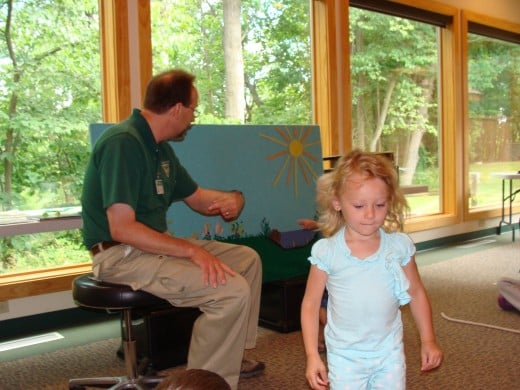
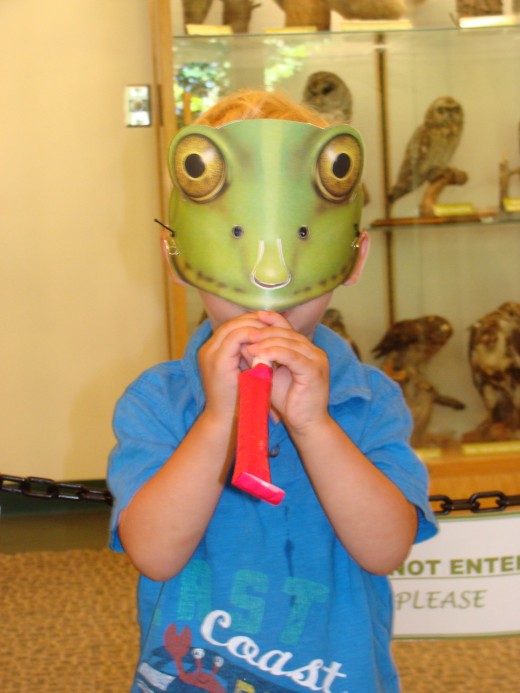
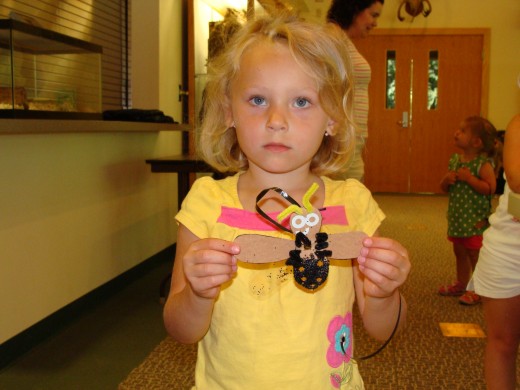
6. Nature Centers. If you are fortunate enough to have a nature center near you, take a field trip to it. Your child will be in awe of the different animals that are available to look at and even hold. Many of the centers offer programs that will teach your child about something in nature. Last summer we participated in a series of stories, crafts, and animal time that covered frogs, fireflies and turtles. Many times these centers just ask for a donation to visit. If you participate in extra programs, there are sometimes a small fee.
7. Neighborhood book clubs. Why not start a neighborhood book club. Get those kids who are saying "I'm bored" together to read. For younger kids it can be a time in which you sit down together and share a few picture books about a particular topic and talk about what you learned. For older kids, choose a book that all will read and discuss at the same time. If you don't have enough copies of the same book, then try a book share. In other words, have kids read the book and give a "review" of it at your book club. Then give the kids an opportunity to choose one based on another child's review.
8. Camps. Whether it is a day camp or camps that last a week or more, they are a great opportunity for children to learn new things and gain knowledge and confidence. Many communities offer day learning camps like inventor camps or theater camps. Investigate in what is offered in your area and find one that interests your child. These camps usually charge for their services so be sure that you get all of the information up front.
9. Trips. Trips can be costly but they are a source of learning for kids. If you are planning a trip this summer, think about how you can incorporate books. When I traveled with my niece and nephew to Traverse City a few years ago, we brought along books that fit with the trip. Since we were visiting the sand dunes, we read "The Legend of Sleeping Bear." This gave them some information about the place that we were going to visit and made them a little more interested in it when we got there. This is also a great time to incorporate that summer journal.
10. Talk. Never underestimate the power of conversation. In homes that parents have a formal education, children typically have a vocabulary that is double in number of words compared to their counterparts. How can you change this? Just simply talk. Instead of eating with the tv on, talk about your day. Ask questions, share ideas, talk about what you might do tomorrow.
How does the learning loss affect me?
You may be thinking, well I don't have school aged children so this doesn't really affect me. Well, at the risk of sounding cliche, children are our future and so this makes it everyone's problem. Statistics show that children who cannot read at grade level by the fourth grade are at a higher risk to be incarcerated later in life. This means a higher crime rate, higher taxes to pay for the prision system, and more citizens on welfare which again raises taxes. So in essence, this is a national problem that everyone should be concerned about.
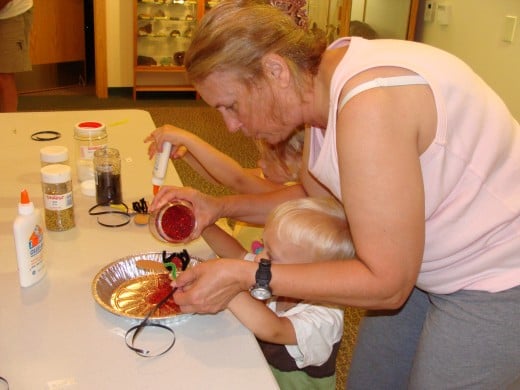
How can you help keep kids learning?
Great question, I'm glad you asked!
- Even if you do not have young children chances are you know some. Encourage those that you know to utilize some of these practices within their families.
- If you are a grandparent, aunt, or uncle of elementary children, volunteer to take them out to visit one of these places.
- Volunteer at a local youth organization. Find out how you can be of service to young people in your area. Maybe they need volunteers to read to kids or to assist on outings. Usually any organization will be willing to accept a helping hand.
Final Thoughts
As summer nears, think about what difference you can make in the life a child. Think about what you can do to help children avoid that summer slide. It can be something very simple or a large commitment on your part. What ever you choose, please choose something. The worst thing that we all can do is nothing. It will not only make a difference in the life of a child, but it will make a difference in yours as well.

